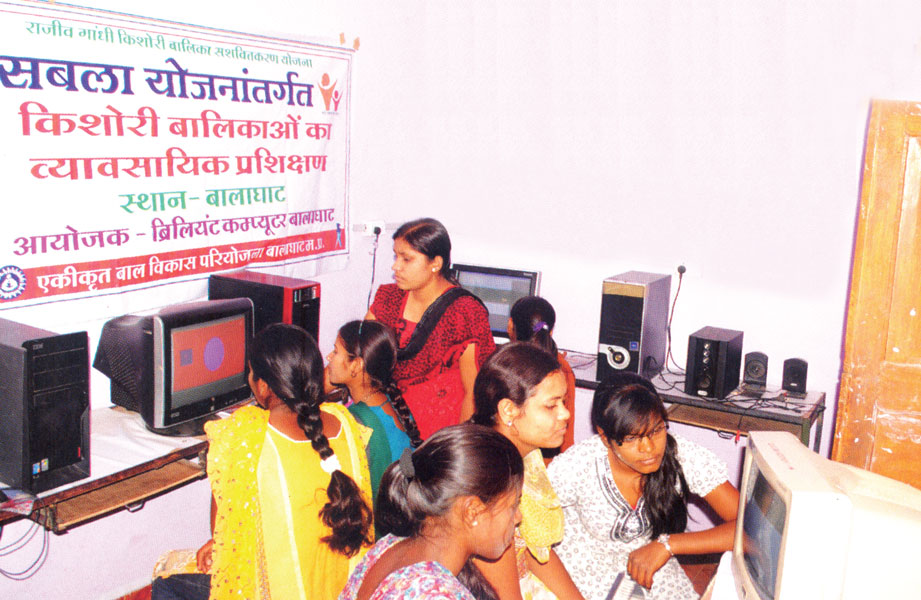There are around 243 million adolescents (10–19 years) in India, comprising 21.2 percent of the country’s population, of which 48 percent are adolescent girls. According to the National Family Health Survey (2005–06), around 8 percent girls between ages 15 to 19 in the country had their first sexual intercourse before the age of 15, and only 3 percent girls in this age group reported the use of a condom at that time. This survey also showed that around 10.5 percent girls in the same age group, who had ever had sex, reported having sexually transmitted infections (STIs) or any symptom of STI. Around 47 percent women in the age group 20–24 years reported having got married before the legal age of marriage (18 years) and
44 percent of currently married adolescent girls had already started having children. Around 14 percent of births to adolescent mothers were unplanned. As per the recent estimates by the Registrar General of India, around 7 percent maternal deaths in the country occur in the age group of 15–19 years.

Adolescent girls must be provided resources and opportunities to realise their full potential as individuals and citizens. Evidence from various parts of the world suggests that awareness, education and skills improve individual and societal outcomes through enhanced confidence, increased income, increased access to higher networks and improved social status.
The Government of India has made a provision of vocational training for out-of-school adolescent girls under the Rajiv Gandhi Scheme for Empowerment of Adolescent Girls, or SABLA, to make them economically independent and self-reliant. There are 64 vocational training providers (VTPs) in 15 districts of Madhya Pradesh that provide vocational training to adolescent girls in modular employable skills (MES). These VTPs include institutes of central and state government, public and private sector and industrial establishments. They provide counselling and vocational guidance, training facilities and post-training support to trainees in obtaining employment, and also maintain a database of trainees and the outcomes of the training programmes. Currently around 3,500 adolescent girls in the state are enrolled in these programmes.
Through this, the girls are able to learn vocational skills and also acquire knowledge and skills on health, nutrition, adolescent reproductive and sexual health (ARSH), skills that help build their self-confidence and also improve health.
Recognising the importance of holistic development of adolescent girls and influencing their reproductive health seeking behaviour, the United Nations Population Fund (UNFPA) in collaboration with the Department of Women and Child Development, Government of Madhya Pradesh and the State Resource Centre – Indore, started an initiative for integrating life skills and ARSH issues into ongoing vocational training programmes for adolescent girls in 15 districts of Madhya Pradesh, namely Indore, Jhabua, Nimach, Sheopur, Bhind, Rewa, Siddhi, Sagar, Damoh, Tikamgarh, Bhopal, Betul, Rajgarh, Jabalpur and Balaghat.
This initiative aims at making the girls knowledgeable about physical, cognitive, social and emotional developments during adolescence, reproductive and sexual health, as well as developing life skills to deal with problems and to take informed decisions. Sessions conducted in this training programme use participatory methodologies such as games, role-plays, case studies, stories, picture cards and problem cards.
Source: UNEWS, August 2014





